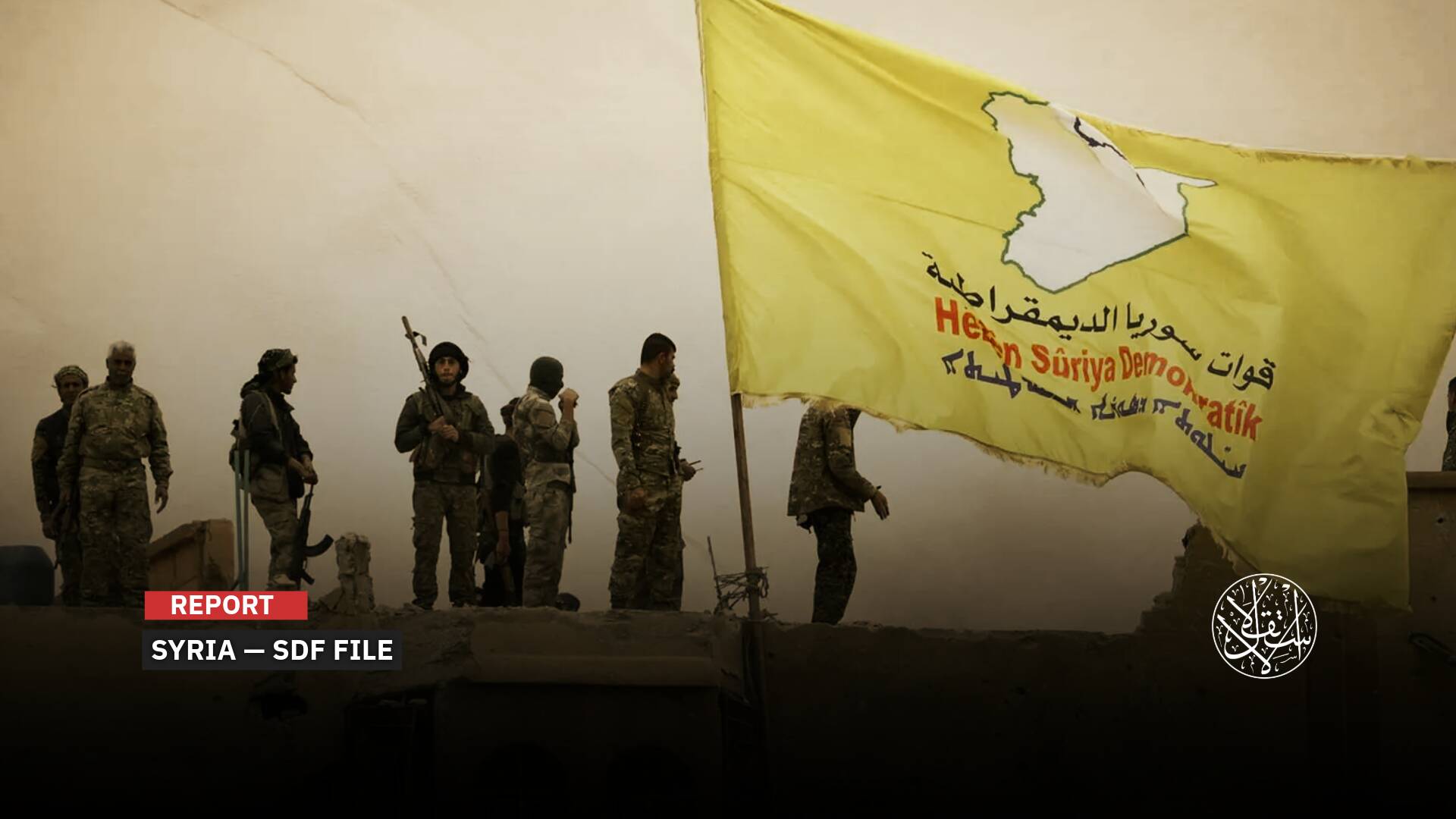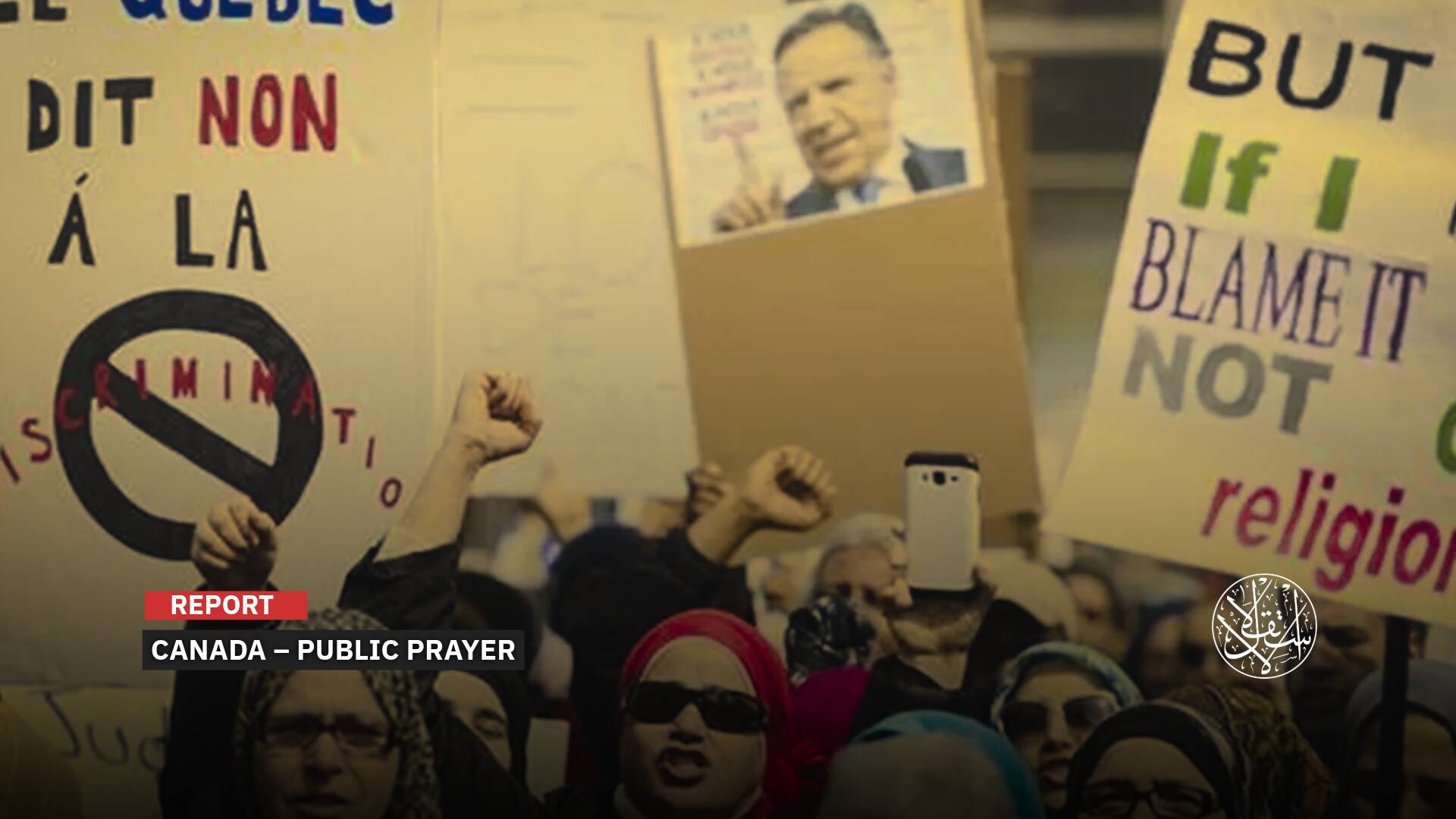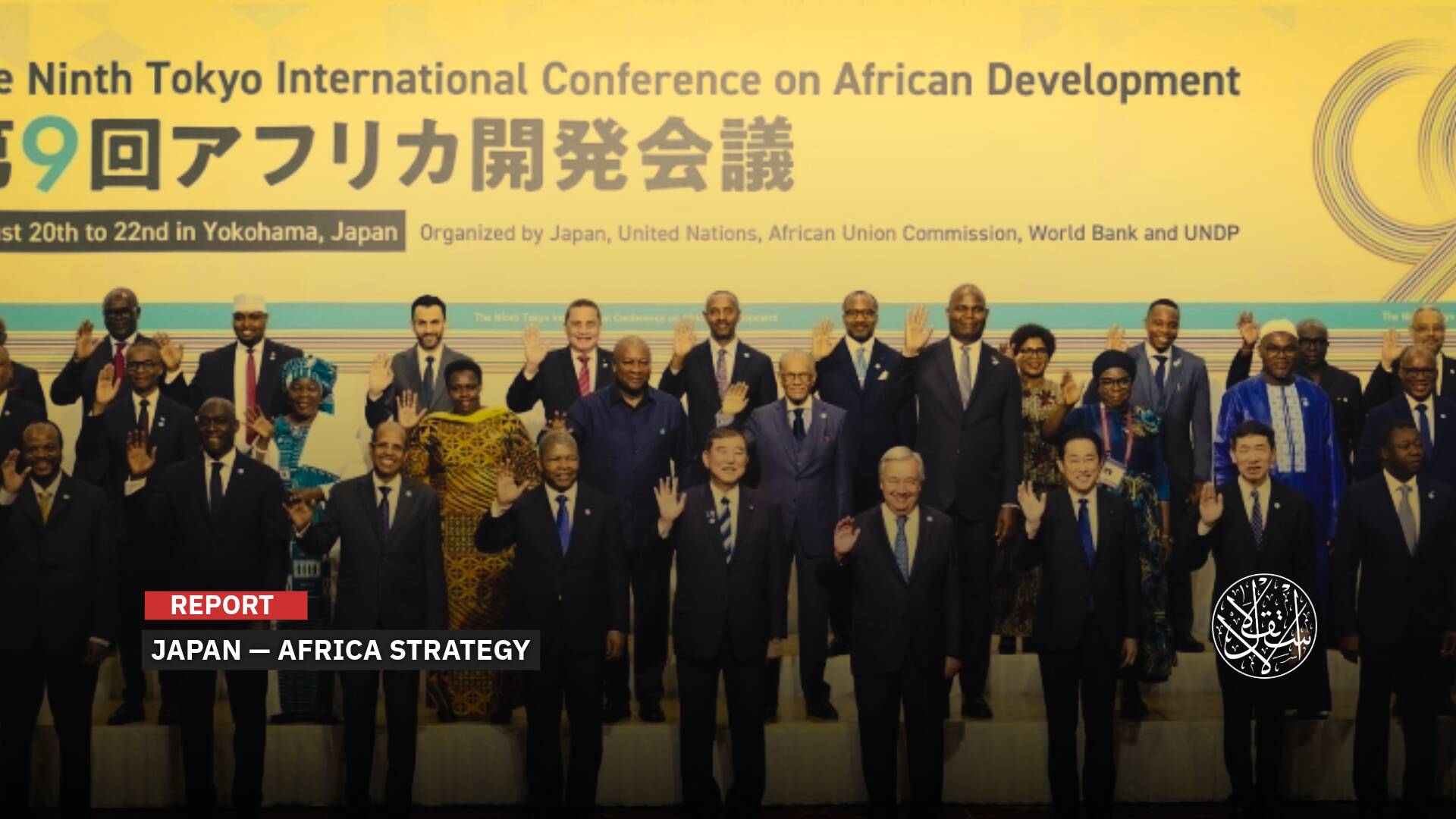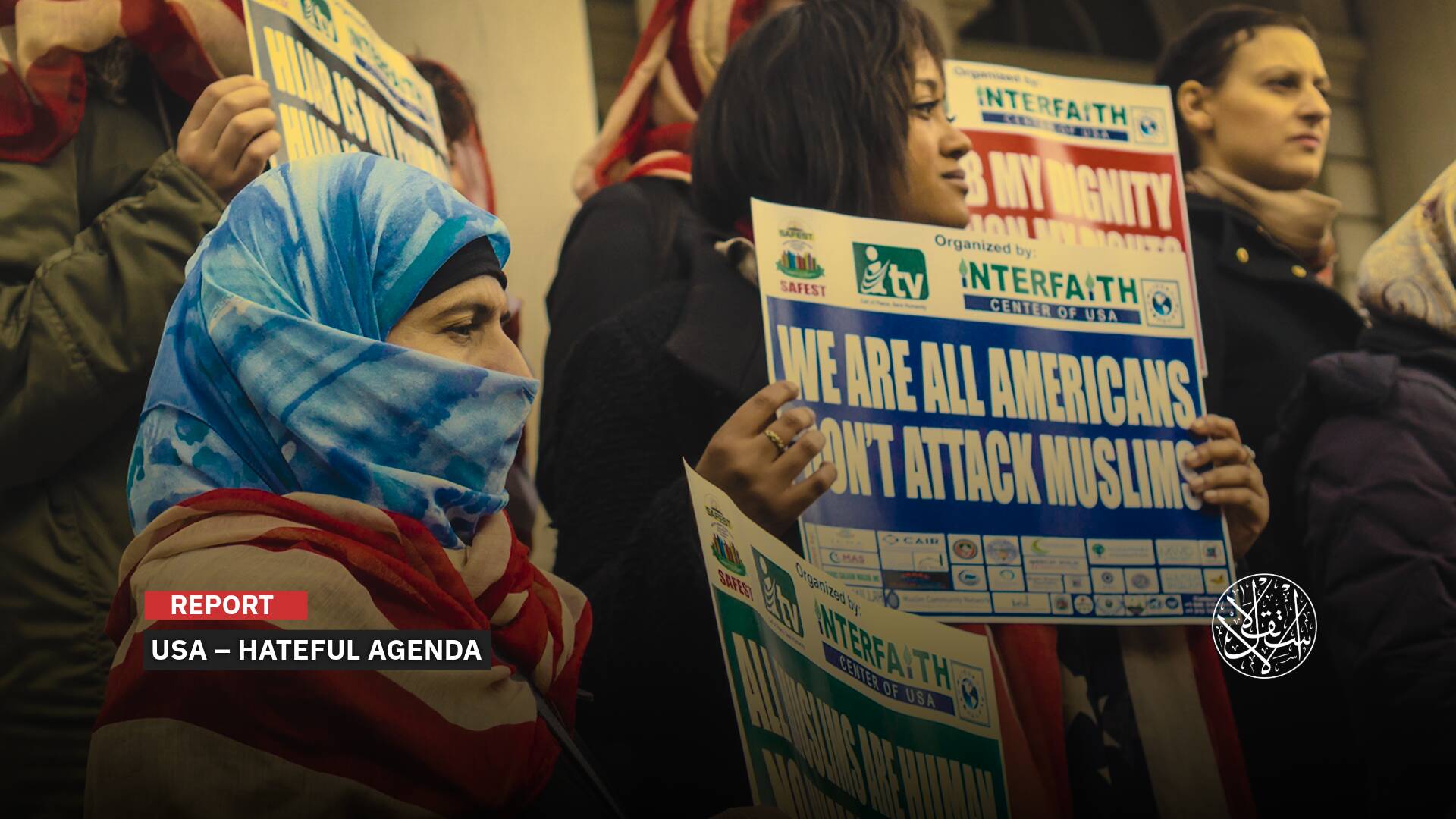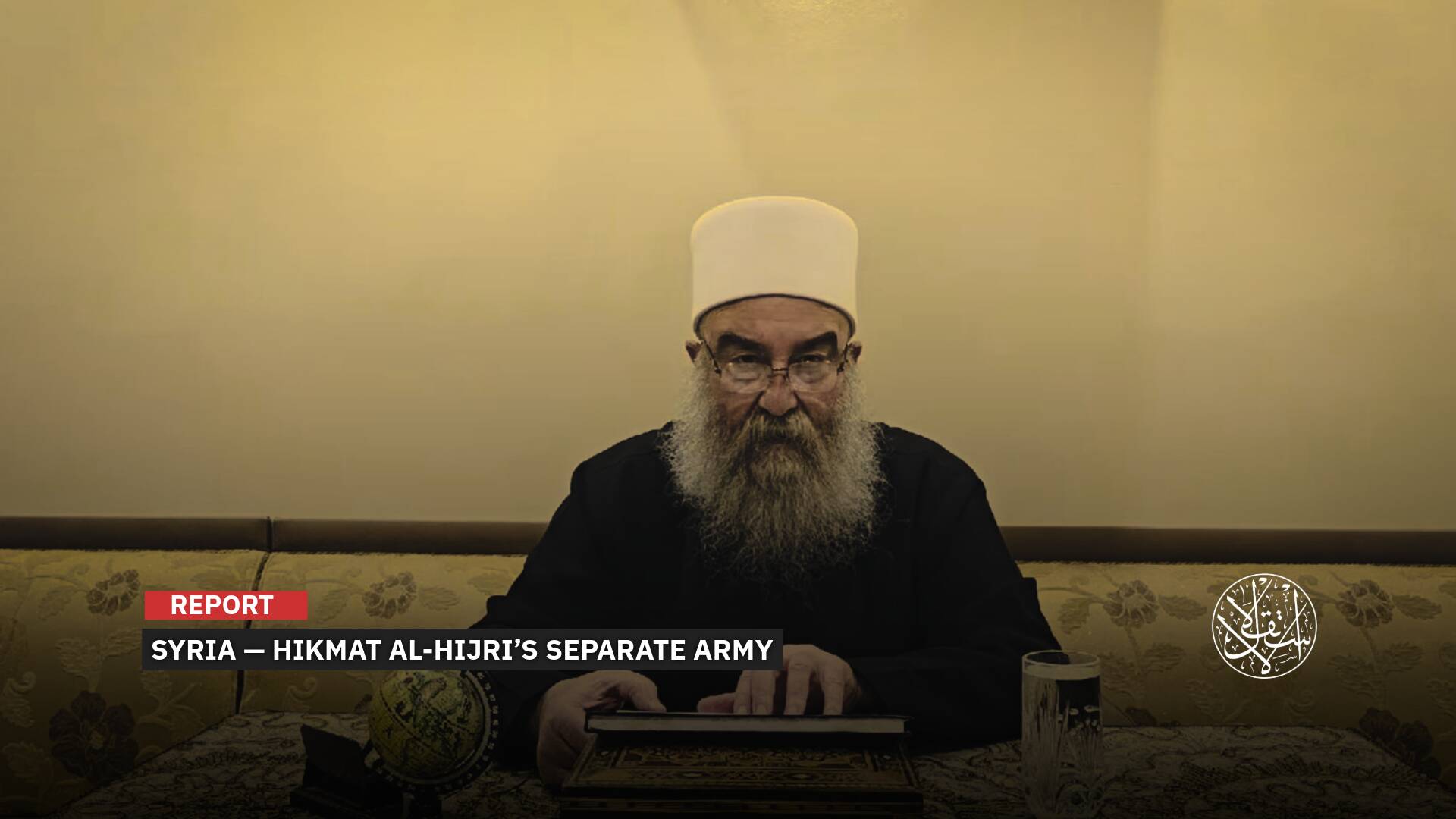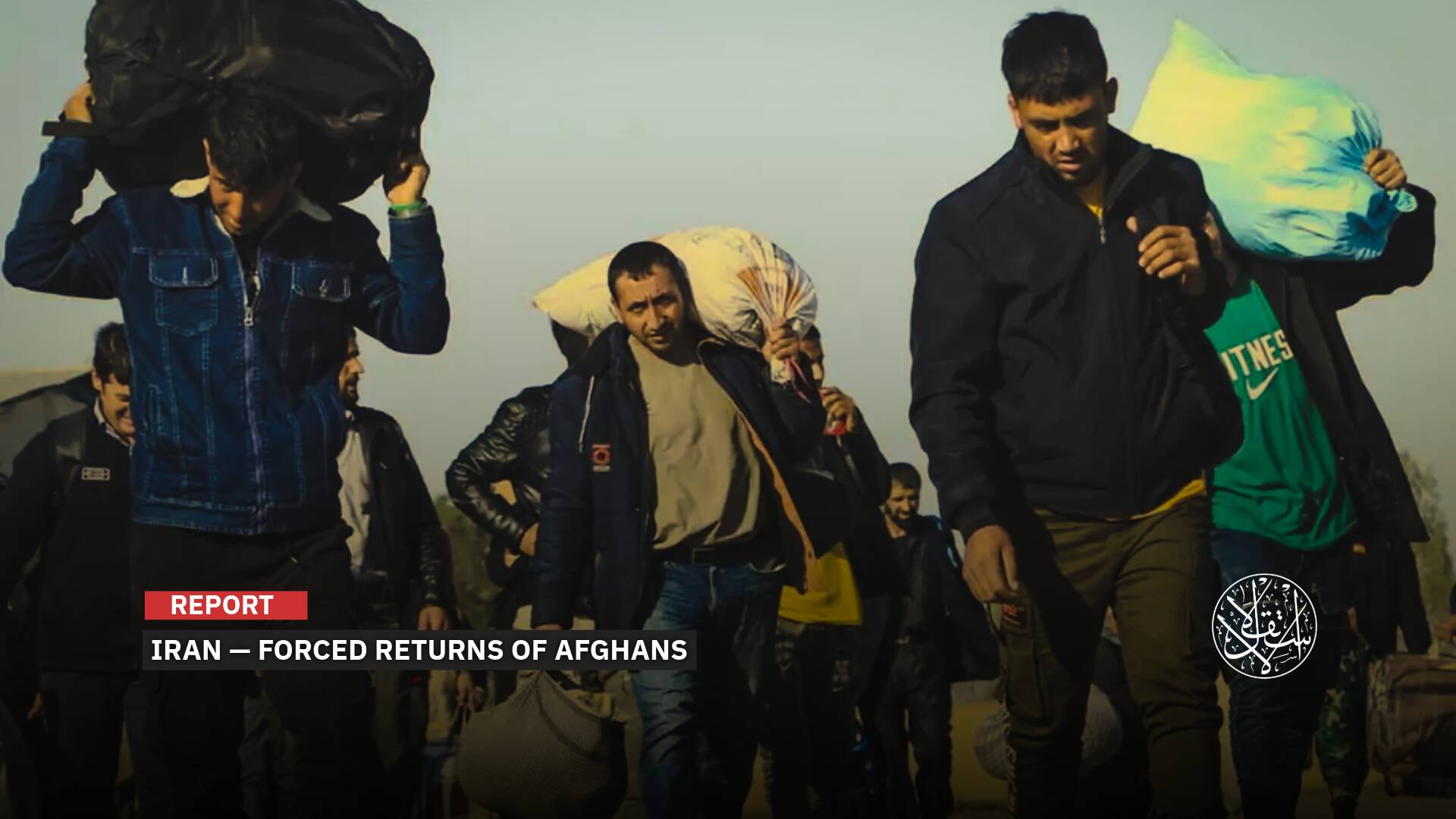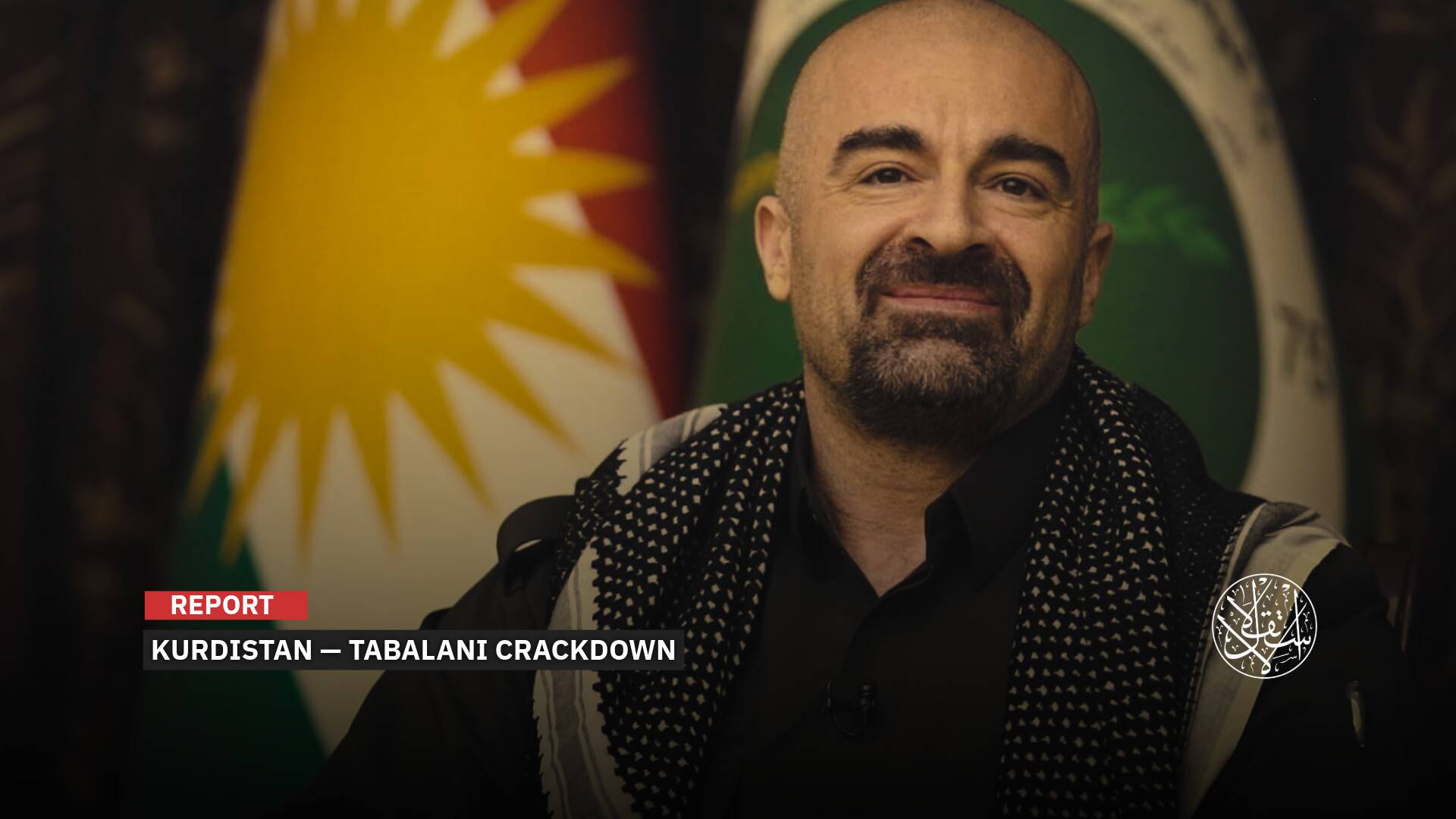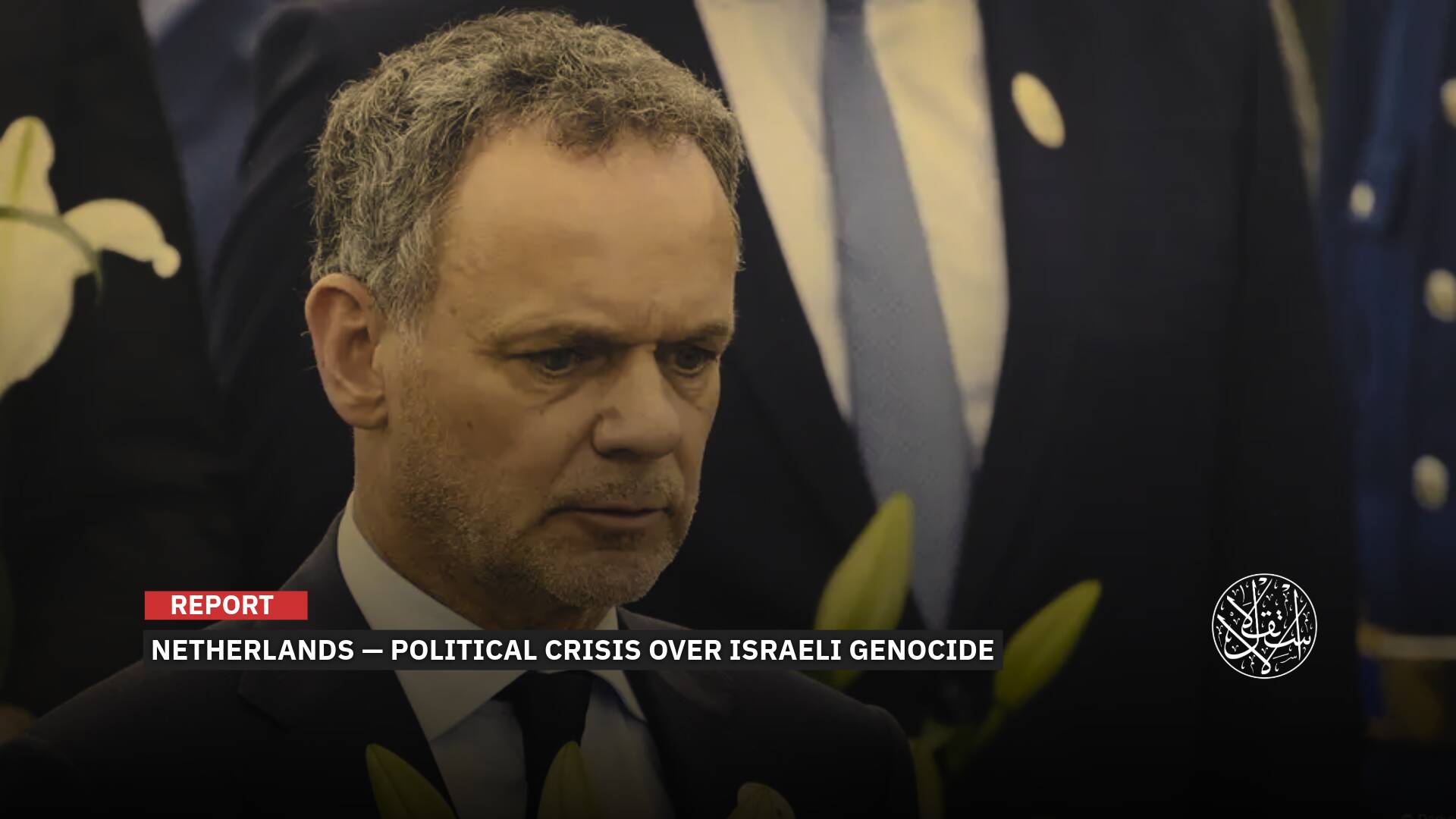Anti-Refugees and Pro-Israeli Violations; Priti Patel, the British Minister of Indian Background

With her controversial positions, the British Home Secretary Priti Patel was famous for her racism and hatred of Muslims and the black community, as she placed refugees in army camps in inhumane conditions and put their lives at risk. Moreover, she is an Israeli reliable friend within the UK government.
Minister Patel, who has Indian roots, and who has been subjected to a storm of accusations because of her arbitrary policy in a number of pivotal issues at home and abroad, especially those related to the Middle East, was the main contributor to the UK decision of placing the Islamic Resistance Movement (Hamas) on the British terrorism lists.
Accusations of Dirty Work
Priti Sushil Patel was born on March 29, 1972, in the British capital, London, to an Indian father with roots in Gujarat, and she was raised as a devout Hindu.
Patel began her educational path with attending a private school for girls in Watford, before studying economics at Kiel University, and then pursuing postgraduate studies in British government and politics at the University of Essex near Colchester, Britain.
From the beginning, Patel took former British Prime Minister Margaret Thatcher, better known as the "Iron Lady,” as her idol and her own hero. "She had a unique ability to understand what moved people, manage the economy, check accounts and make decisions," she said.
This was enough for Patel to try to follow the path of Thatcher, who was the leader of the Conservative Party, so she joined the same party in 1991, in an attempt to follow the same path.
Patel began her career after graduation, within the corridors of the party known for its right-wing tendencies, where she worked during the period between 1995 and 1997 within the Central Office of the Conservatives, which is currently known as the "Conservative Campaign Headquarters."
The British politician did not stay for long in the Conservative Party. In fact, in 2000, she left her job in the party, and joined Weber Shandwick, a public relations consultancy.
Patel received first accusations when she participated with 7 employees of the company in 2003, to help British American Tobacco improve its public image, in light of the controversy surrounding its factory in Myanmar, which was used as a source of funds by the dictatorial military establishment, as well as the low wages of factory workers.
In the end, Patel and the team failed in their mission, and the crisis ended with British American Tobacco withdrawing completely from Myanmar.
Then, she entered another cycle of mistrust in 2007, when she joined the British multinational liquor company Diageo and worked in the field of public relations, when Patel advocated for public policy issues for the company in the face of international campaigns on the negative impact of alcohol on people and societies.

Political Rise
In 2005, Patel suffered the first political defeat of her life, when she lost as a Conservative candidate a constituency seat for North Nottingham, to Labor MP Graham Allen.
Despite this severe loss, the party leader at the time, David Cameron, who later became prime minister, saw her as a promising figure, and put her again among the candidates for the "Central Essex" constituency in 2010. At this time, she was able to achieve success and put her in the ranks of the future leaders of the party, who represent what is known as the "new right."
She was employed in the party's "Politics Unit No. 10," where she and her unit authored the famous book Britannia Unchained, which was published in 2012, and shaped the political doctrine of the party's work, criticizing the productivity levels of workers in the United Kingdom.
The book contained a phrase that was considered "offensive," as it described the British worker as "the least productive" in the world, which angered the labor sector, the Labor Party and the socialist parties in the country.
In July 2014, Patel made strides on her path to power, when she took over as Treasury Secretary.
After that, Patel held various ministerial portfolios. In May 2015, she became Minister of Labor, and in July 2016, she was appointed Minister of International Development, before she resigned in 2017, against the backdrop of a political crisis that erupted within the government and parliament, due to her hidden and suspicious relationship with the Israeli lobby.
She was also a leading figure in the campaign to vote for Britain's exit from the European Union, which resulted in the "Brexit" agreement that separates the United Kingdom from Europe.

Racism and Hatred
On 24 July 2019, Patel became Britain's Home Secretary with a "tainted history" of racist incidents, persecution and mistreatment of staff and workers under her direction.
Her tenure at the Ministry of the Interior is considered the worst for refugees to Britain, in terms of enacting strict laws and arbitrary measures.
It came to the point that the British Supreme Court intervened on June 3, 2021, and summoned Minister Patel, to redress the asylum seekers against its decisions, when it decided to place them in former army camps, and it turned out that these camps “do not meet the human conditions for living.”
More seriously, the minister spares no effort to consolidate the plan to place refugees on remote, semi-isolated islands, pending the decision on their asylum applications. The plan provides for renting refugee reception centers on islands belonging to the British Crown, as well as in some African countries until asylum applications are studied.
The minister, who comes mainly from an immigrant background, is trying to close the door on every asylum seeker who arrives in Britain.
Patel was accused of racism and insulting the struggle of blacks, specifically the "Black Lives Matter Movement,” in June 2020, when demonstrations erupted in Britain in solidarity with the American demonstrations objecting to the killing of George Floyd, at the hands of a policeman.

Friend of 'Israel'
What is interesting about Patel's political career is the depth of her connection with “Israel,” to the extent that he has been called the "voice of Israel" within the UK government.
In 2017, a political crisis erupted, while she was the Minister of International Development, within the government of Theresa May, and the British BBC network revealed exclusive news that Patel held private meetings with institutions and personalities in Tel Aviv without the knowledge of the British Foreign Office, accompanied by Lord Stewart. Pollack, who is the honorary chair of the Conservative Friends of “Israel” group.

After that, it turned out that she had already held dozens of meetings during her personal visit to “Israel,” without the knowledge of her government, and the "most significant" was that the meetings were coordinated directly by the Israeli embassy in London, while the British embassy in Israel was not aware of all these moves.
Accordingly, calls for Patel's resignation rose in the opposition parties and in parliament, because she had violated laws and ministerial regulations that prevent any minister from holding meetings in his official capacity without the knowledge of the government.
Indeed, on November 8, 2017, Patel announced her resignation from her position with an official apology for her behavior.
Patel's "great" services to “Israel” have gone beyond the idea of support and secret and public meetings, to engaging with the occupying state in its war and its repeated attack on the movements against it, especially the Palestinian Hamas movement.
On November 19, 2021, the Minister of the Interior published on her Twitter account her decision to ban Hamas inside Britain, in an unprecedented move.
Patel said, "Hamas possesses clear terrorist capabilities, including possession of many advanced weapons, as well as facilities for training terrorists," adding, "that is why I took measures today to ban Hamas completely."
Today I have taken action to proscribe Hamas in its entirety.
— Priti Patel (@pritipatel) November 19, 2021
This government is committed to tackling extremism and terrorism wherever it occurs. pic.twitter.com/TQfPzomyIm
Furthermore, the British Ministry threatened anyone who publicly declares their support for Hamas with penalties of up to 10 years in prison.
Sources
- A friend of Israel and a fanatic with the refugees. Get to know the British Home Secretary Priti Patel, who classified Hamas as a terrorist [Arabic]
- Home Secretary Priti Patel, Israel's hand in the British government [Arabic]
- Priti Patel to announce plan to make support for Hamas illegal
- British Home Secretary: We have taken measures to ban Hamas in its wings [Arabic]
- British Home Office chief resigns over 'bullying' [Arabic]
- British High Court: 'Decision to house asylum seekers in Napier Barracks is illegal' [Arabic]


